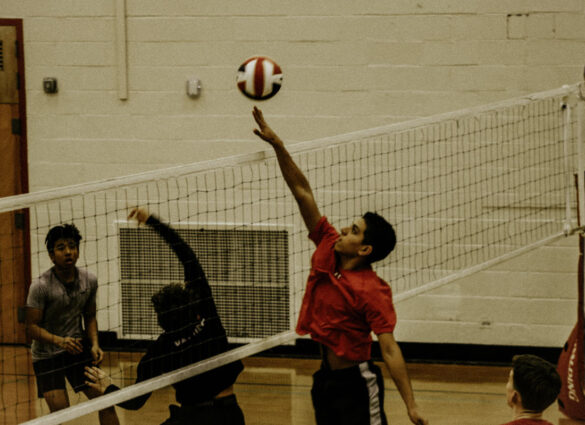It is no secret that sports and physical activities are important for our well-being. Since children are continuously growing – both physically and emotionally – they are directly benefited by the physical activities, and inversely affected by the negative impacts of inactivity.
Therefore, schools must ensure that they have sport education programs to ensure the overall growth of the child – academically, physically, and mentally.
Here are some of the top reasons that support the importance of sports education in schools:
Improved physical fitness
Well, this is probably the most obvious benefit of implementing sports education in schools – improve student’s overall physical fitness. It ensures that students are physically fit from a young age so that they can prevent serious health issues like diabetes, heart disease, asthma, and high blood pressure in the future.
When you inculcate healthy habits from an early age, they last longer and help lead a better lifestyle.
Boost self-esteem
Perhaps, this is one of the most appreciated benefits of sports. As sports is all about success, achievement, teamwork, and friendly competition, it helps in boosting self-esteem in children. However, the teachers need to ensure that they inculcate a healthy and natural competitive spirit in the students.
They should learn how to play with other members of the team, and it helps in boosting self-esteem gradually. From a few words of appreciation from the coach to scoring a winning goal for the team, children gain self-confidence. Of course, strong self-esteem is needed in the later stages of life.
The competitive spirit instilled from sport can also be carried into the wider academic pathway of the students.
Better self-discipline and other skills
Sports education requires doing certain physical activities for a particular duration. The students learn the values of deadlines and appreciate the consequent rewards of meeting them. It helps them in becoming positively ambitious and more focused on their goals. When compared to inactive students, physically active students are continuously driven towards success and tend to aim higher.
Additionally, sports education helps build personal skills in students. They tend to learn leadership, teamwork, and dedication. Each member of the team learns to respect others. Physically active students tend up learn life lessons faster – and in the right way. When they are playing in the field, their brain learns to reason and memorise important life skills.
Respect
Lastly, this is amongst the underlying benefits of having sports in education in school. Sports education teaches students to respect their teachers and other fellow students, and it can also be reciprocated in other social and working environments.
Students also learn to respect their personal physical, and mental health when they indulge in various physical activities in school.
How to promote sports education in school?
To promote sports education both inside and outside the school, teachers must incorporate classroom-based physical activities. Schools must try to provide sports education by a qualified PE teacher to the students.
Schools should invest in athletic and gym equipment and encourage interscholastic sports. Various fitness drives should be initiated by the school to teach the value of staying fit to the students.
When you invest in student’s physical health today, it will help them to reap the rich rewards far into the future.
Wrapping up
For long, sports were seen as a medium to stay healthy and fit. However, its benefits are beyond these. Apart from physical benefits, sports have also got physiological benefits.
The benefits are mentioned above state the importance of having a sports education in schools.


